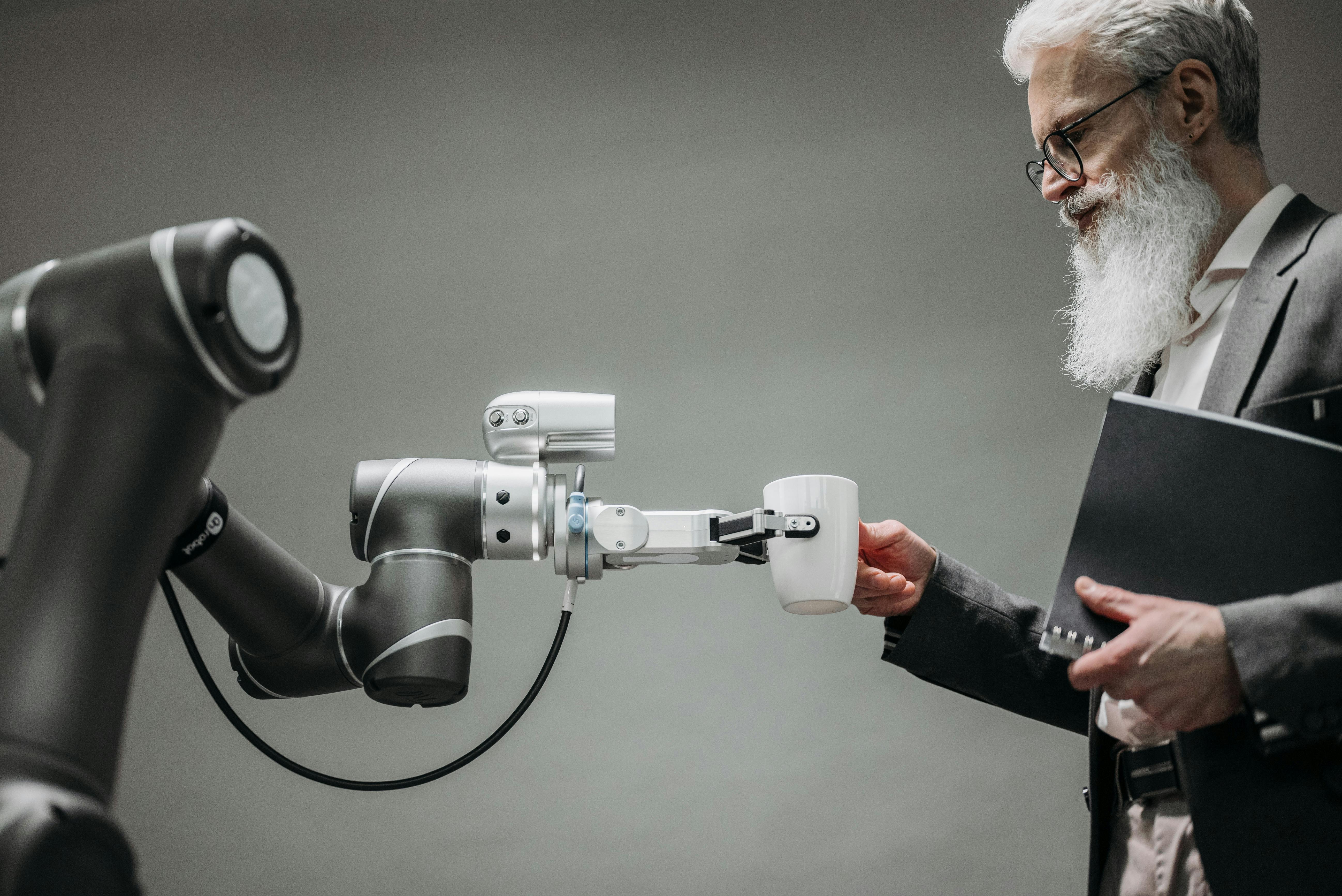The AI Difference: Unlocking Your Facility's Proprietary Knowledge Base
ChatGPT is a powerful tool, but for your business, generic knowledge isn't enough. Most sports facility owners hear "ChatGPT" and think of general knowledge—a helpful but generic tool. However, the true competitive edge lies in training a large language model (LLM) specifically on your industry's unique challenges: dynamic pricing, complex league scheduling, staff commission structures, and specialized equipment management.
We created an advanced, proprietary model by feeding the AI thousands of hours of real-world sports facility data. The result is a specialized AI Business Assistant ready to optimize your operations and answer industry-specific questions with 100% accuracy.
The goal is to move from general tech to specialized intelligence by understanding the Five AI Training Phases.
Your Data is Your Gold Mine: Moving Beyond Generic AI
Generic ChatGPT
- General knowledge only
- No industry context
- Generic responses
- Limited accuracy
Specialized AI Assistant
- Industry-specific expertise
- Facility management context
- Tailored solutions
- 100% data relevance
Training Phases for specialized sports intelligence
Data Relevance over generic online information
Efficiency Multiplier in administrative tasks
The 5 AI Training Phases for Sports Facility Management
1Phase 1: Foundational Data Ingestion (The Rule Book)

The first step was building a robust baseline of specialized sports business knowledge. We didn't use general internet data; we used proprietary industry materials.
The Data: Thousands of pages of content covering federal sports regulations, youth league liability laws, industry best-practice guides (facility cleaning, risk management), and financial benchmarking reports.
The Outcome: The model immediately understood the difference between court time and billable revenue hours, establishing the core financial and legal context of the business.
2Phase 2: Complex Task Fine-Tuning (The Scheduling Engine)

Generic AI struggles with the complexity of sports scheduling (e.g., "Schedule 16 teams on 3 courts over 10 weeks while balancing home/away games and coach availability"). This phase taught the AI to handle multi-variable logistics.
The Data: Thousands of real-world, anonymized league schedules, referee assignment databases, team communication logs, and facility capacity matrices.
The Outcome: The AI became an expert in league scheduling automation, capable of generating optimal court usage plans and identifying revenue gaps (e.g., an unbooked Monday night slot).
3Phase 3: Financial Modeling and Dynamic Pricing

The AI must understand that pricing is fluid. We trained the model to recommend high-margin financial decisions based on localized factors, moving beyond simple math.
The Data: Historical booking records, seasonal revenue data (summer vs. winter), regional household income demographics, and competitor pricing models from different markets.
The Outcome: The model developed dynamic pricing intelligence, allowing it to suggest pricing changes based on real-time demand signals (e.g., automatically increasing the price of a private lesson by 10% if only one high-demand slot remains).
4Phase 4: Customer Service and Policy Emulation

Your facility's reputation is built on client interactions. We trained the AI to respond to common, often emotional, customer service issues with the professional, solution-oriented tone required by a premium brand.
The Data: Transcripts of successful customer service resolutions, policy guides on refunds/cancellations, best practices for upselling, and scripts for retaining at-risk clients.
The Outcome: The AI can generate immediate, on-brand responses for staff (e.g., "Draft a professional email to a parent requesting a refund after the deadline," or "Compose a script for a coach to upsell a training package").
5Phase 5: Continuous Feedback Loop and Iteration

The training never stops. Once implemented in client facilities, the model is designed to get smarter with every interaction, ensuring its advice remains perfectly tuned to the evolving sports business management landscape.
The Mechanism: Anonymized, aggregated data on user-accepted AI recommendations (e.g., "Did the recommended price increase lead to a booking?") feeds back into the model.
The Outcome: The AI constantly refines its predictive analytics and operational advice, ensuring your facility remains ahead of the competition in profitability and efficiency.
Your AI Business Partner is Ready
The era of generic AI is over. By undergoing these five rigorous training phases, the model is no longer a general knowledge base—it is your fully customized, highly specialized AI Business Assistant. It's ready to handle your complex facility management, optimize your revenue streams, and free your staff to focus on high-value client delivery.
About Playbook
Leading facility management software for basketball facilities and sports complexes. Automate booking, payments, pricing, and analytics to maximize revenue and streamline operations.
Experience Your AI Business Assistant
See how our specialized AI, trained on thousands of hours of sports facility data, can transform your operations and maximize profitability.
100% secure. No spam, ever.

